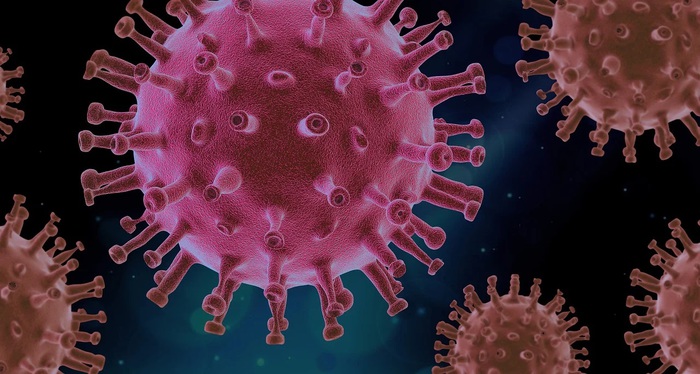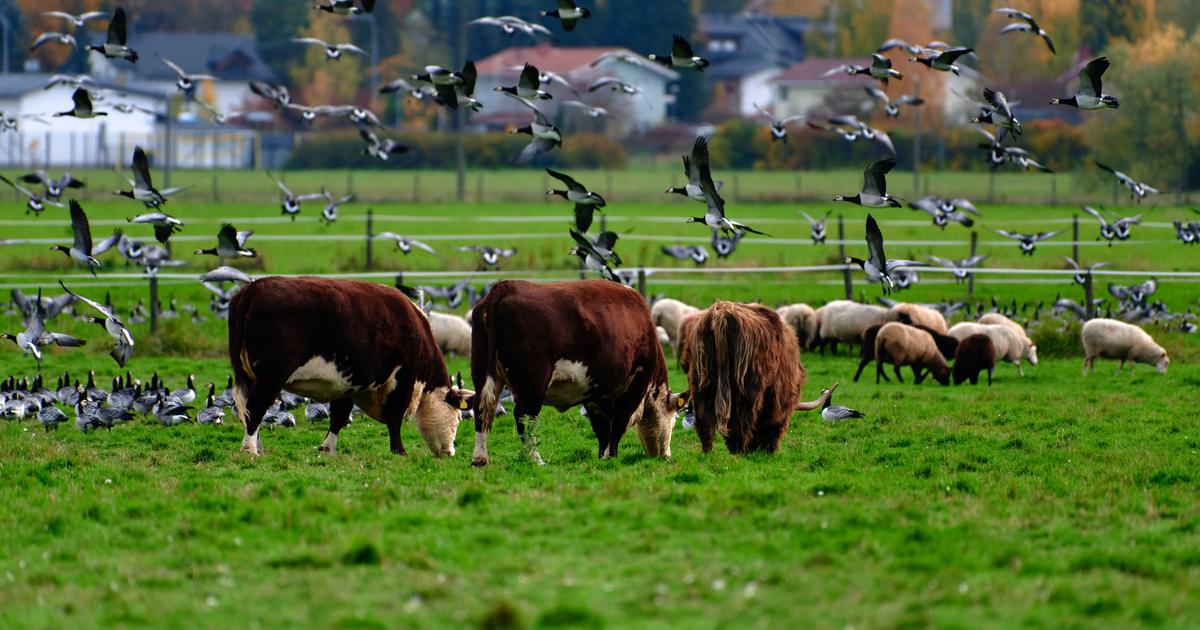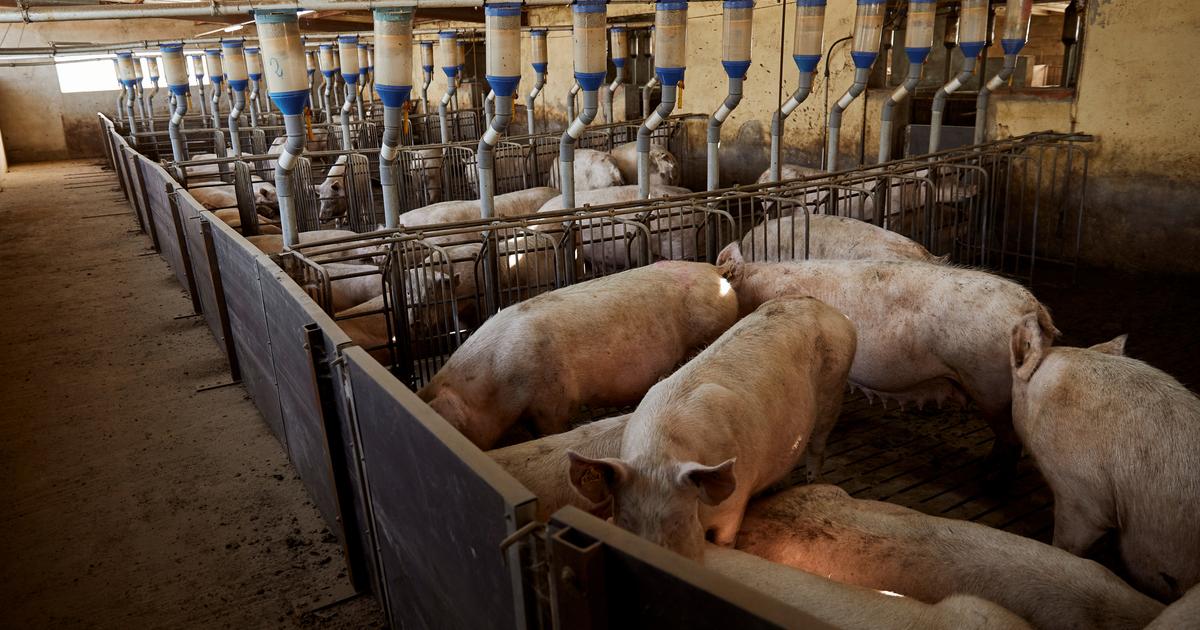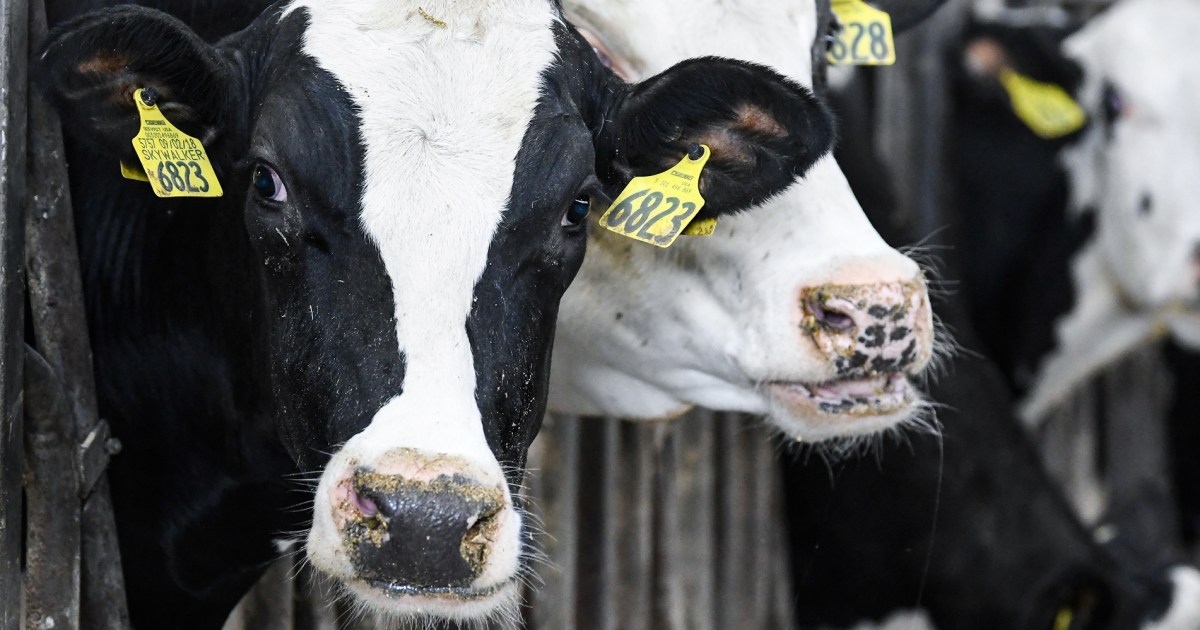The SarsCoV2 virus changes but so far it does not seem to have become more contagious for humans: the good news comes from the analysis of viral genomes taken from over 46,000 Covid patients in 99 countries around the world.
The study, coordinated by University College London (Ucl) and published in the journal Nature Communications, documents more than 12,000 mutations, but none seem to have given the coronavirus a particular evolutionary advantage.
Continuing monitoring will also be essential in the coming months, the experts explain, so that future vaccines can be adapted to any mutant forms.
In this phase "we must remain vigilant", say the researchers, because the vaccine could increase the selective pressure on the virus, favoring the appearance of new mutant forms.
"We are convinced that we will be able to identify them promptly in order to adapt the vaccines in time, if necessary", assures the coordinator of the study, Francois Balloux of Ucl.
The immunologist Antonella Viola of the University of Padua also shares the same opinion, underlining that SarsCov2 is "rather stable: variants emerge every now and then, but for now the one that has spread to us is always the same. study are effective against the variant that is circulating and some in particular, such as Pfizer and Moderna, have this characteristic: if in a year the virus had mutated it would be easy to adapt them ".
So far, 12,706 mutations have been identified in the SarsCoV2 genome, mostly induced by the action of the human immune system: of these, 398 have developed on several occasions and independently.
The researchers looked at 185 in particular, which appeared at least three times independently during the pandemic.
Placing them in the evolutionary tree of the virus, they were able to observe that none of these gave a particular advantage to the virus carriers.
No mutation increased transmissibility, not even the famous D614G mutation of the Spike protein.
"The virus - comments geneticist Lucy van Dorp from UCL - may have already reached its maximum adaptation to the human host by the time we discovered it".
In fact, it is estimated that the virus made the leap of species towards man between October and November 2019, while the first viral genomes studied date back to the end of December: "it is possible that at that point - concludes Balloux - the crucial mutations for transmissibility in humans had already emerged and fixed ".








